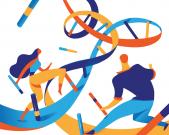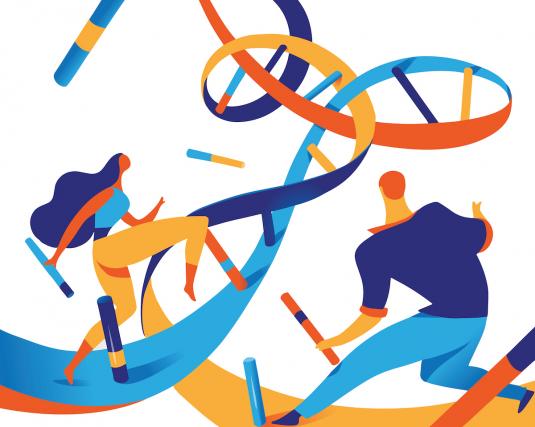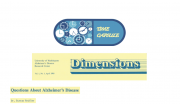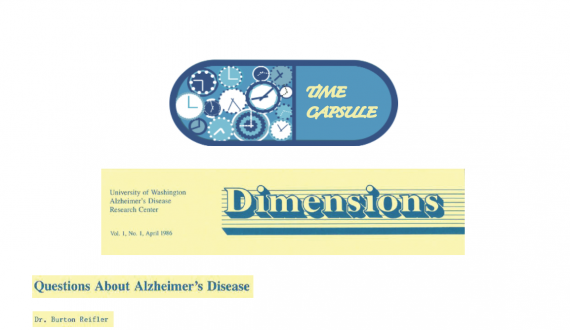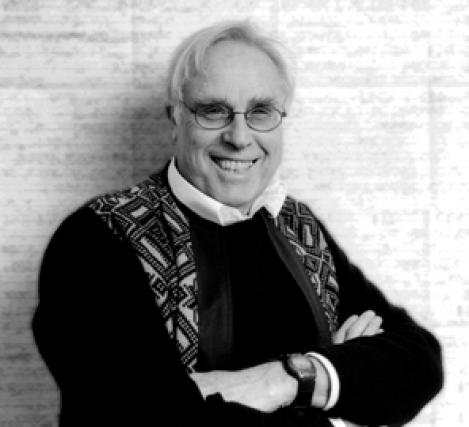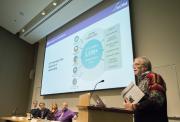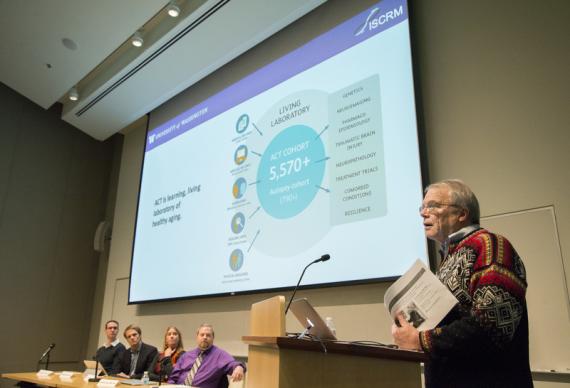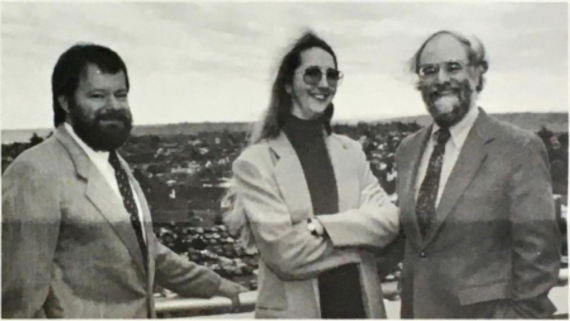November 30, 2020
The Early ADRC’s Search for an Alzheimer’s Gene
Categories: Science Updates, Care & Treatment , News
November 29, 2020
Time Capsule: Revisiting a Defining Question about Alzheimer’s, 34 Years Later
Categories: Science Updates, Care & Treatment , News
Prescriptions for Prevention of Alzheimer’s and Related Dementias
Categories: Science Updates, Care & Treatment , Brain Health, News, Brain Health Awareness
An Interview with the ADRC’s Founding Director
Categories: Science Updates, Team Spotlights, News
Untangling the Knot: The Far-Reaching Legacy of Non-Pharmacological Interventions and Caregiving Programs at the Early UW ADRC
Categories: Science Updates, Care & Treatment , Team Spotlights, News
Celebrating the Stories of ADRC Research Participants
Categories: Science Updates, Care & Treatment , Team Spotlights, News
Taking the Long Road: A Focus on American Indians and Alaska Natives
Towards an Ecology of the Aging Human Brain: The Shared Project of the ACT Study and UW ADRC
Categories: Science Updates, News
The Early ADRC’s Search for an Alzheimer’s Gene (Part 2)
Categories: Science Updates, Care & Treatment , News
The Early ADRC’s Search for an Alzheimer’s Gene (Part 3)
Categories: News
